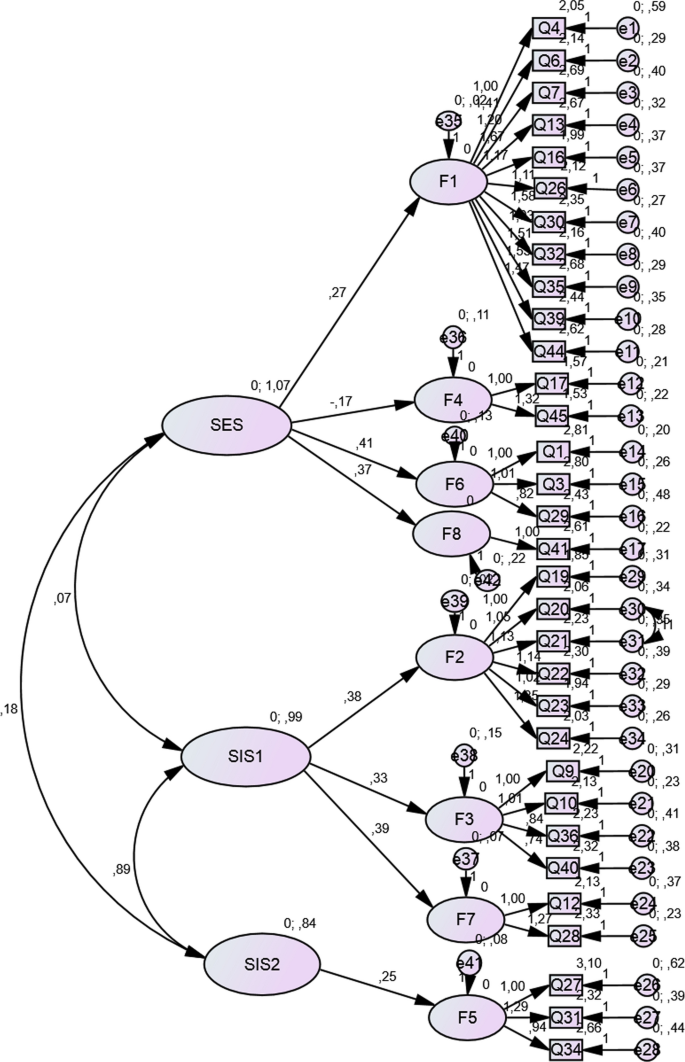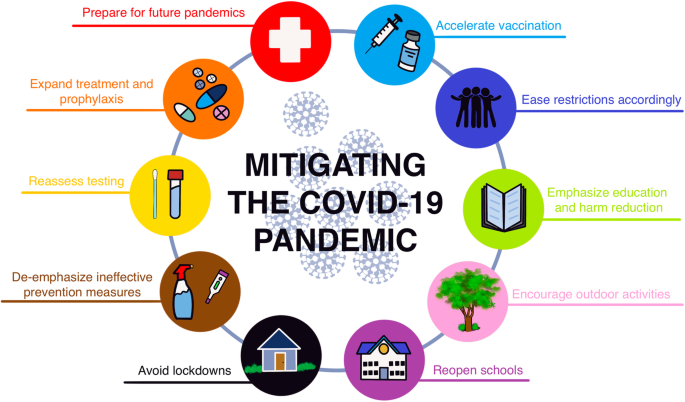

What are the physiological mechanisms of hunger and satiety? What understanding do scientists have of why obesity occurs, and what treatments exist for obesity and eating disorders? How has research on human sex and sexuality evolved over the past century? How do psychologists understand and study the human experience of sexual orientation and gender identity? These questions-and more-will be explored. Next, we will consider both eating and having sex as examples of motivated behaviors. You will learn about the physiological needs that drive some human behaviors, as well as the importance of our social experiences in influencing our actions.

We will begin with a discussion of several theories that have been proposed to explain motivation and why we engage in a given behavior. In this chapter, we will explore issues relating to both motivation and emotion. What makes us behave as we do? What drives us to eat? What drives us toward sex? Is there a biological basis to explain the feelings we experience? How universal are emotions? What are emotions? What causes them? What motivated some bystanders to immediately help others, while other people ran for safety? (credit: modification of work by Aaron “tango” Tang) Surprise, fear, anger, and sadness are some immediate emotions that people experienced in the aftermath of the ApBoston Marathon bombing.

Figure 10.1 Emotions can change in an instant, especially in response to an unexpected event.


 0 kommentar(er)
0 kommentar(er)
